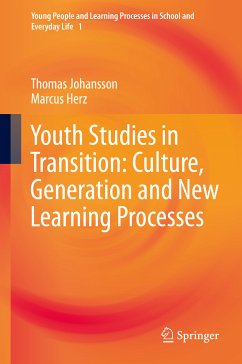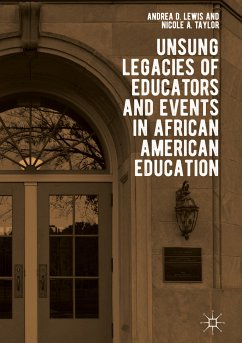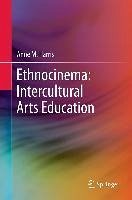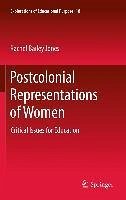
Learning to Belong in the World (eBook, PDF)
An Ethnography of Asian American Girls
Versandkostenfrei!
Sofort per Download lieferbar
80,95 €
inkl. MwSt.
Weitere Ausgaben:

PAYBACK Punkte
40 °P sammeln!
This book provides a complex and intricate portrayal of Asian American high school girls - which has been an under-researched population - as cultural meditators, diasporic agents, and community builders who negotiate displacement and attachment in challenging worlds of the in-between. Based on two years of ethnographic fieldwork, Tomoko Tokunaga presents a portrait of the girls' hardships, dilemmas, and dreams while growing up in an interconnected world. This book contributes a new understanding of the roles of immigrant children and youth as agents of globalization and sophisticated border-c...
This book provides a complex and intricate portrayal of Asian American high school girls - which has been an under-researched population - as cultural meditators, diasporic agents, and community builders who negotiate displacement and attachment in challenging worlds of the in-between. Based on two years of ethnographic fieldwork, Tomoko Tokunaga presents a portrait of the girls' hardships, dilemmas, and dreams while growing up in an interconnected world. This book contributes a new understanding of the roles of immigrant children and youth as agents of globalization and sophisticated border-crossers who have the power and agency to construct belonging and identity across multiple contexts, spaces, times, activities, and relationships. It has much to offer to the construction of educative communities and spaces where immigrant youth, specifically immigrant girls, can thrive.
Dieser Download kann aus rechtlichen Gründen nur mit Rechnungsadresse in A, B, BG, CY, CZ, D, DK, EW, E, FIN, F, GR, HR, H, IRL, I, LT, L, LR, M, NL, PL, P, R, S, SLO, SK ausgeliefert werden.












